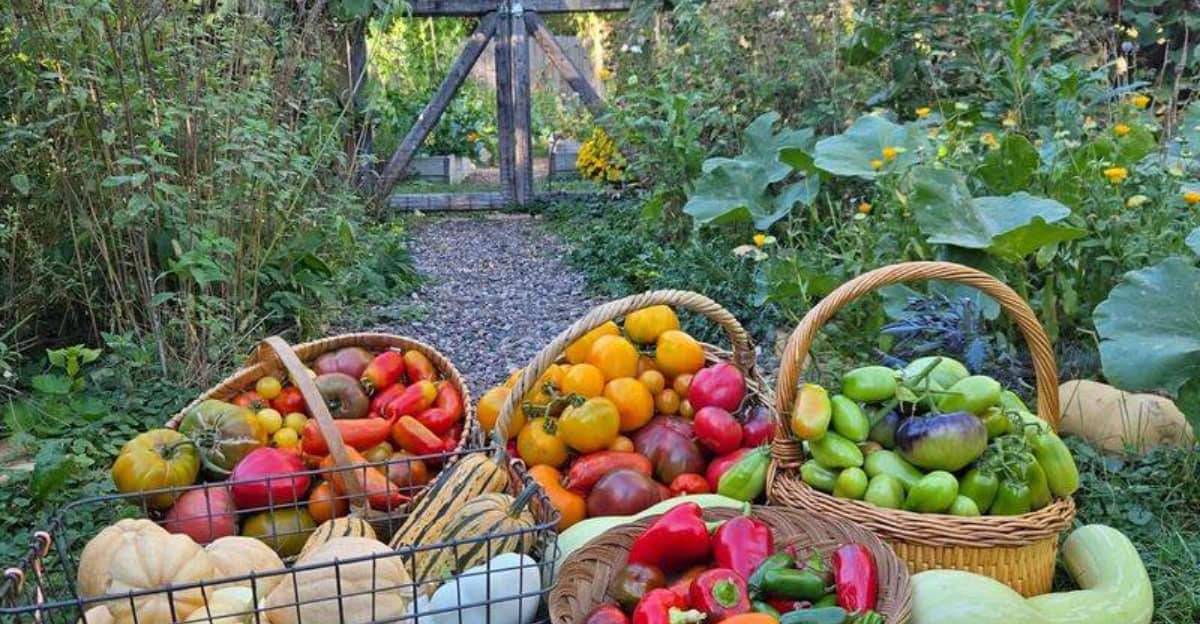In an era marked by extravagant lifestyles and consumerism, revisiting the thrifty practices of our grandparents can offer valuable lessons.
These timeless habits not only encourage us to save money but also promote sustainable living.
Rediscovering these old-fashioned frugal habits can enrich our lives and help us make more conscious choices. Here are 10 such habits that are worth embracing today.
1. Homemade Cleaning Solutions
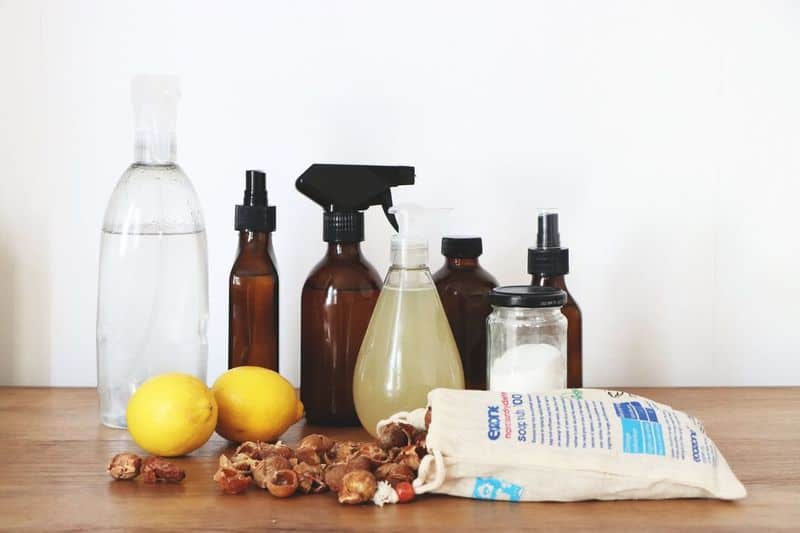
Homemade cleaning solutions are an effective way to save money and reduce chemical exposure.
Crafting your own cleaners using simple ingredients like vinegar, baking soda, and lemon is both economical and environmentally friendly.
These natural ingredients have potent cleaning properties that can tackle various household chores.
In the past, families relied on homemade mixtures to maintain their homes, avoiding costly, chemical-laden products.
Embracing this practice not only cuts expenses but also offers peace of mind knowing exactly what’s in your cleaning solutions. Create a variety of cleaners for different uses, from all-purpose sprays to glass cleaners.
2. Gardening for Produce
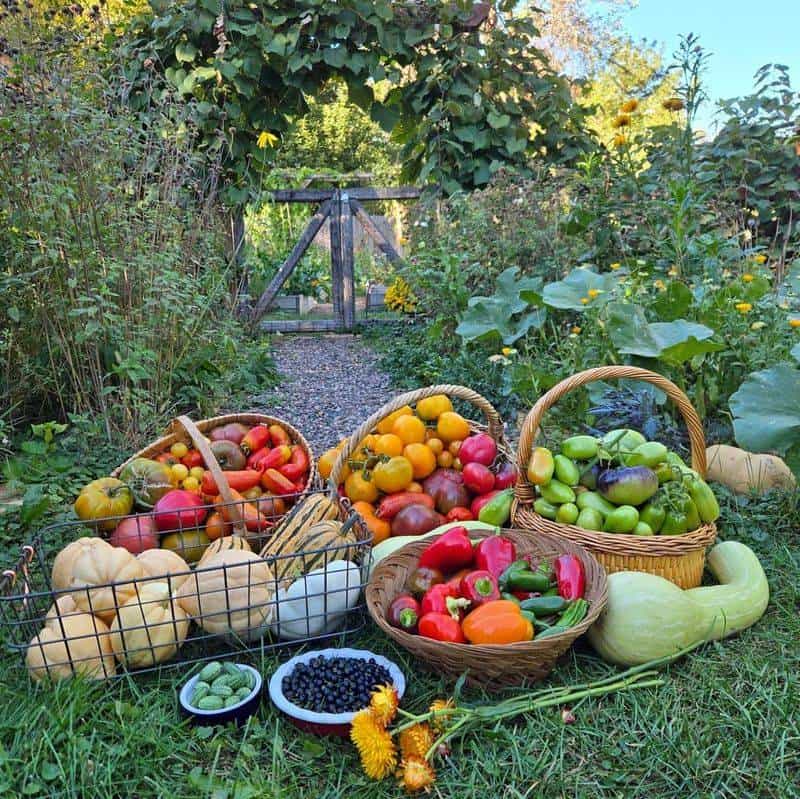
Gardening at home is a fantastic way to enjoy fresh produce while saving money. Cultivating your vegetables allows you to control what goes into growing them, ensuring healthier options for your family.
Starting with easy-to-grow plants like tomatoes, carrots, or lettuce makes gardening accessible to anyone.
In the past, having a garden was the norm for families aiming for self-sufficiency and avoiding market prices.
This habit not only reduces grocery bills but also offers a rewarding experience.
Gardening nurtures patience and provides a sense of accomplishment as you enjoy the fruits of your labor.
3. Sewing and Mending
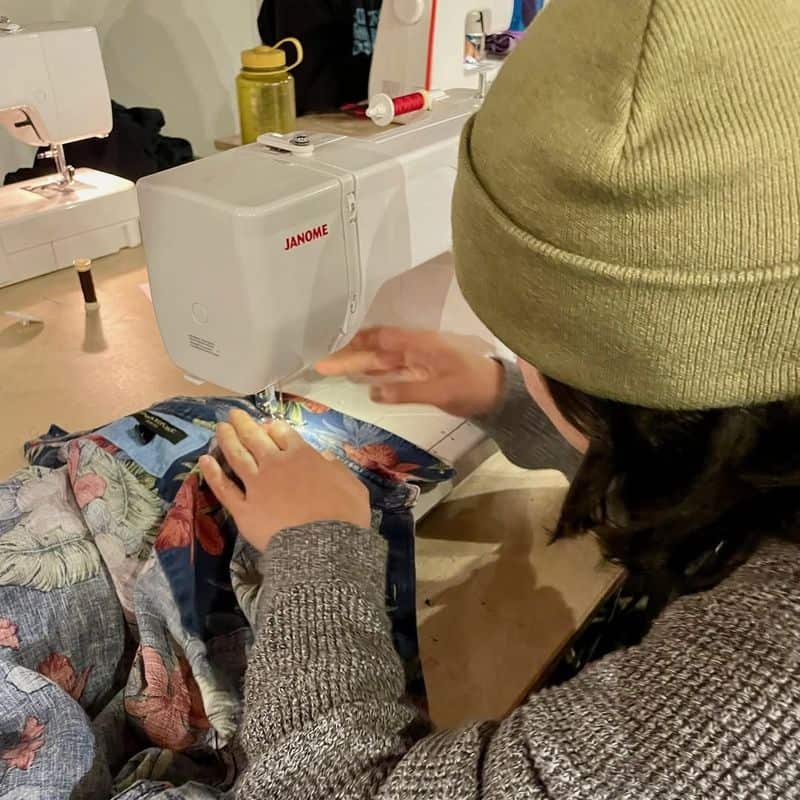
Sewing and mending clothes is a frugal habit worth reviving. Instead of discarding torn or old clothes, repairing them extends their life.
This practice promotes sustainability by reducing waste and encouraging creativity.
Learn basic sewing skills to patch up holes, replace buttons, or even redesign clothes. In earlier times, sewing was a vital skill passed down through generations, saving money on clothing expenses.
Today, it offers a fulfilling way to personalize your wardrobe. Additionally, mending clothes can spark creativity, allowing you to transform outdated pieces into fashionable, unique items.
4. Preserving Food
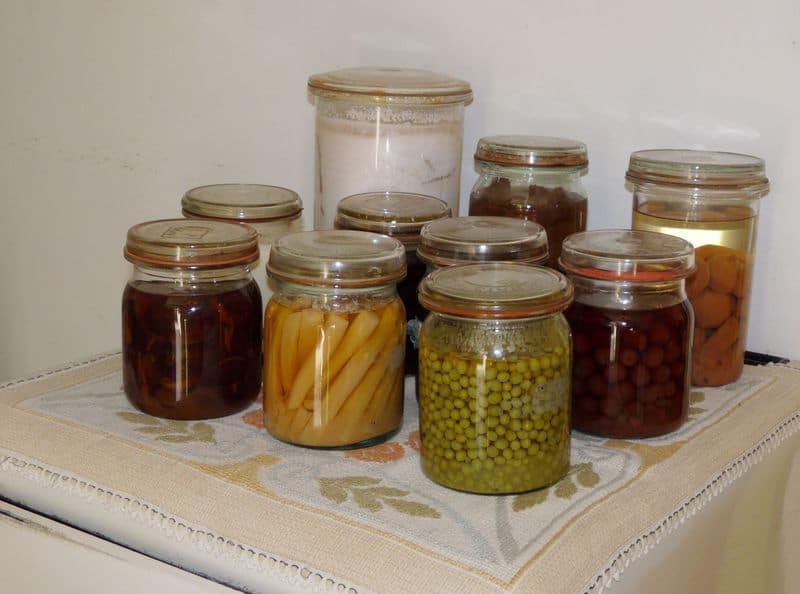
Preserving food through methods like canning, drying, or pickling is a cost-effective way to extend the shelf life of seasonal produce.
This technique allows you to enjoy fruits and vegetables year-round, minimizing food waste.
By preserving food, you can take advantage of seasonal sales or homegrown surplus. In the past, preserving was essential for families to survive on their harvest throughout the year.
It offers a great sense of self-reliance and control over what your family consumes. Experiment with various preservation methods to find what suits your taste and lifestyle best.
5. Bartering and Trading

Bartering and trading have been age-old practices that foster community connections and save money. By exchanging goods or services, you can acquire what you need without spending cash.
This practice not only reduces reliance on money but also builds valuable relationships within your community. Historically, bartering was a primary means of trade, presenting a sustainable way to fulfill needs.
Today, it can be a fun and rewarding way to access goods and services that might otherwise be unaffordable.
Engage with local groups to start swapping homemade items, services, or skills.
6. DIY Home Repairs

DIY home repairs can save significant money and offer a sense of accomplishment. Learning to fix small issues around your home avoids costly professional services.
Develop skills for tasks like fixing leaks, painting, or basic carpentry to maintain your home efficiently.
In the past, many relied on their skills to keep their homes in good shape. This practice empowers you to manage your household while learning valuable skills.
Today, numerous resources are available online to guide you through various repair projects, making it easier than ever to tackle DIY repairs confidently.
7. Cooking from Scratch
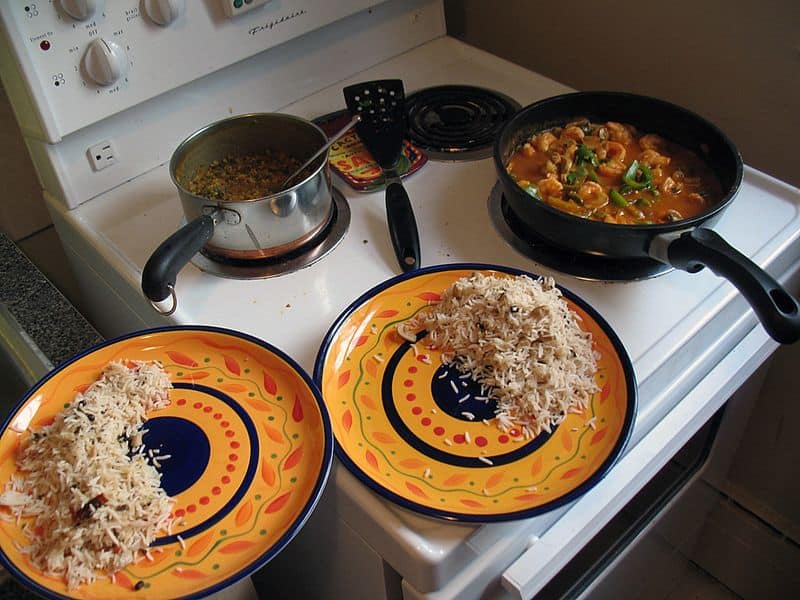
Cooking from scratch not only enhances the quality of meals but also saves money. By using basic ingredients, you have control over what goes into your dishes, ensuring healthier and tastier options.
It encourages creativity in the kitchen and reduces dependency on processed foods.
Historically, families cooked at home, utilizing local produce and family recipes to create nourishing meals. This practice fosters family connections as cooking becomes a shared activity.
It also allows for adapting recipes to suit dietary preferences or restrictions, leading to a more satisfying and economical dining experience.
8. Using Public Transportation

Using public transportation is a practical and frugal habit that reduces travel costs and environmental impact.
Opting for buses, trains, or carpools decreases the need for personal vehicles and the expenses associated with them, such as fuel and maintenance.
In previous generations, public transportation was a mainstay of daily commuting. It not only saves money but also offers an opportunity to relax or work during travel.
Embrace this habit to cut down on expenses while contributing to reducing traffic and pollution. Also, it encourages connecting with others and exploring your city from a new perspective.
9. Rainwater Collection
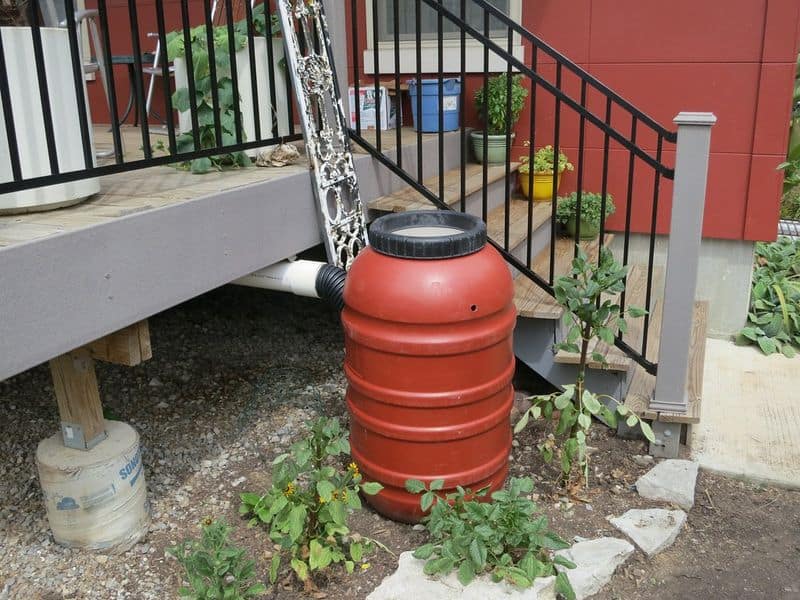
Rainwater collection is an eco-friendly practice that can significantly cut down on water bills. By collecting rainwater, you can use it for gardening, cleaning, or even flushing toilets.
Setting up a simple system is relatively inexpensive and offers long-term savings.
In the past, collecting rainwater was a necessary resource management practice, especially in agricultural areas. Today, it remains an effective way to conserve water and support environmental sustainability.
Installing a rainwater collection system helps in utilizing natural resources wisely and reduces dependency on municipal water supplies.
10. Making Homemade Gifts

Making homemade gifts is a thoughtful tradition that brings personal value to gift-giving. By crafting gifts, you personalize the experience and often spend less than buying retail.
Handmade gifts reflect creativity, effort, and care, making them more meaningful.
In earlier times, gifting homemade items was common, reflecting the giver’s personality and resourcefulness. Today, embracing this habit can make special occasions more memorable.
Whether it’s a knitted scarf, a jar of homemade jam, or a crafted card, the recipient will appreciate the effort and sentiment behind the gift.

